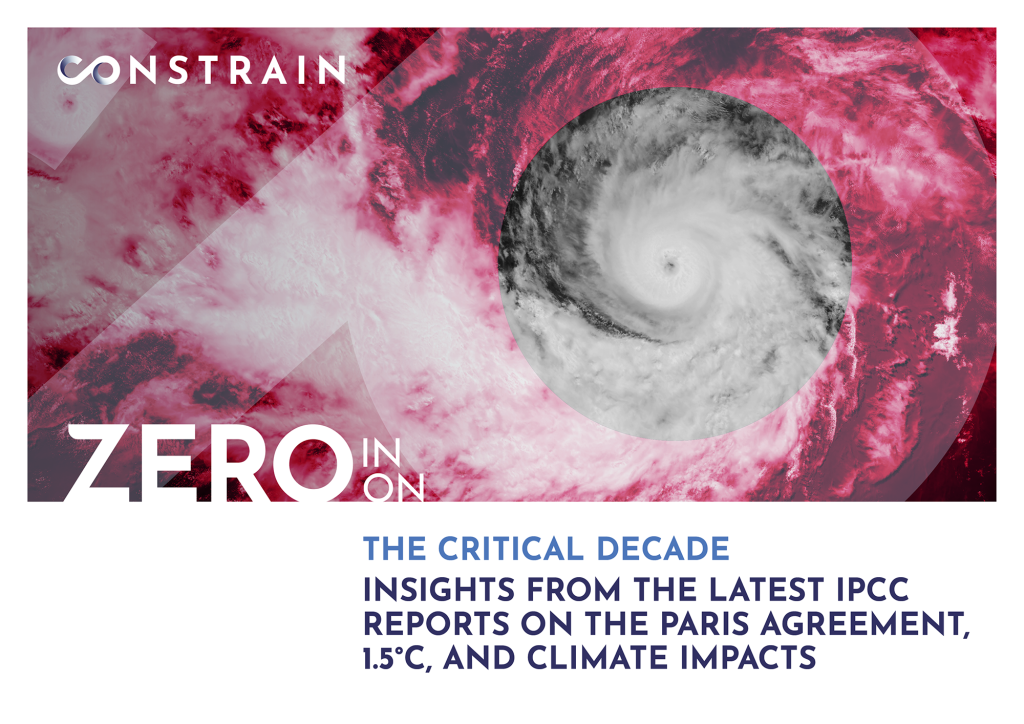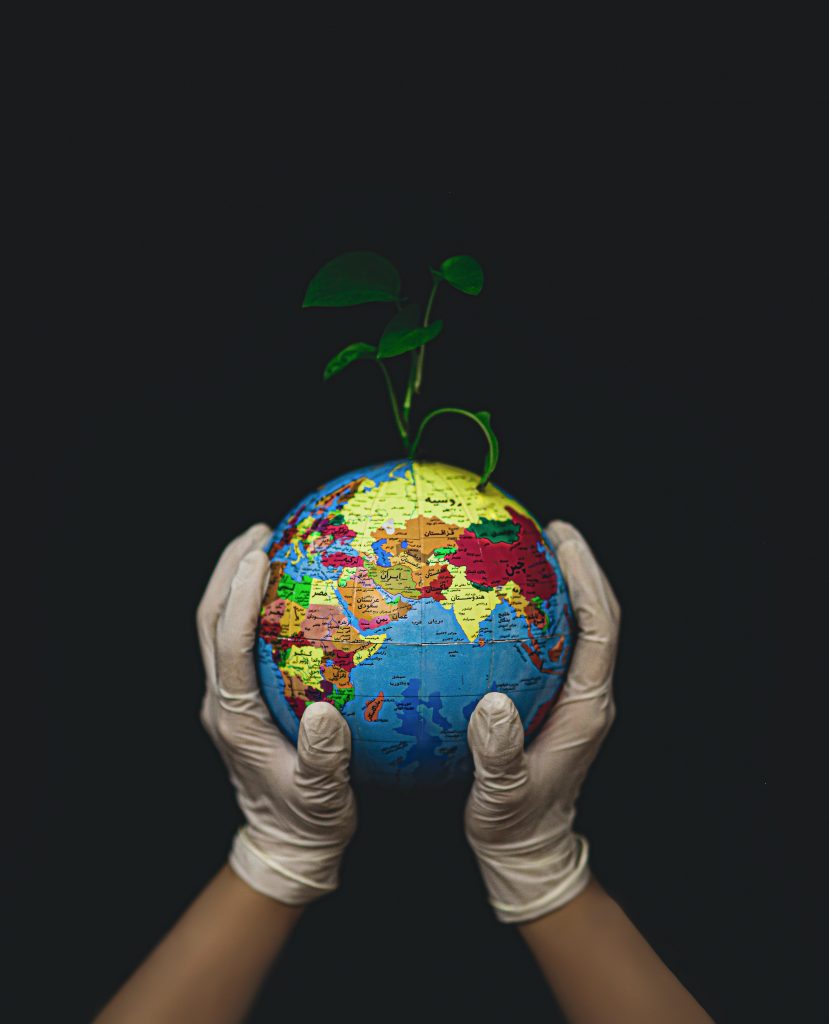The latest ZERO IN report from the CONSTRAIN project dives into the science set out in the recent Intergovernmental Panel on Climate Change assessments. It investigates what our climate future could look like by 2050, depending on whether we take action in line with the Paris Agreement, or decide to follow current national policies and plans which still largely lack the action and ambition needed to stop global warming.
CONSTRAIN


Project details
- Project title: “Constraining uncertainty of multi decadal climate projections” (CONSTRAIN)
- Funding scheme: Horizon 2020 (Grant agreement no. 820829)
- Duration: 4 years (1 July 2019 – 30 June 2023)
- Project coordinator: University of Leeds
- Project website: https://constrain-eu.org/
There are uncertainties how emission cuts will affect chances of staying with in 1.5°C warming dependent upon how the climate system responds. By looking at the science and models behind COP26 headlines and statements, we better understand our chances of staying within 1.5°C and mitigate risk. ZERO IN reported by the CONSTRAIN project highlights issues
COVID-19 economic recovery could slow down global warming by up to half if we make the right choices, and by taking action that tackles both crises, we can ensure that a more resilient world emerges on the other side. Doing so means cutting emissions hard and fast, investing in green technologies and industries, and refusing to bail out fossil fuel companies. High-level action would get us on track for net-zero CO2 emissions by mid-century and give us a good chance of keeping temperature rise below 1.5°C.



